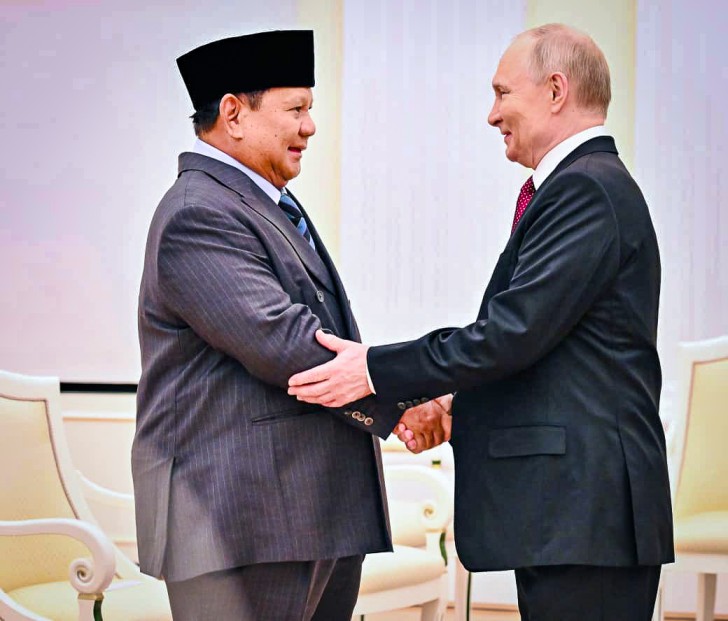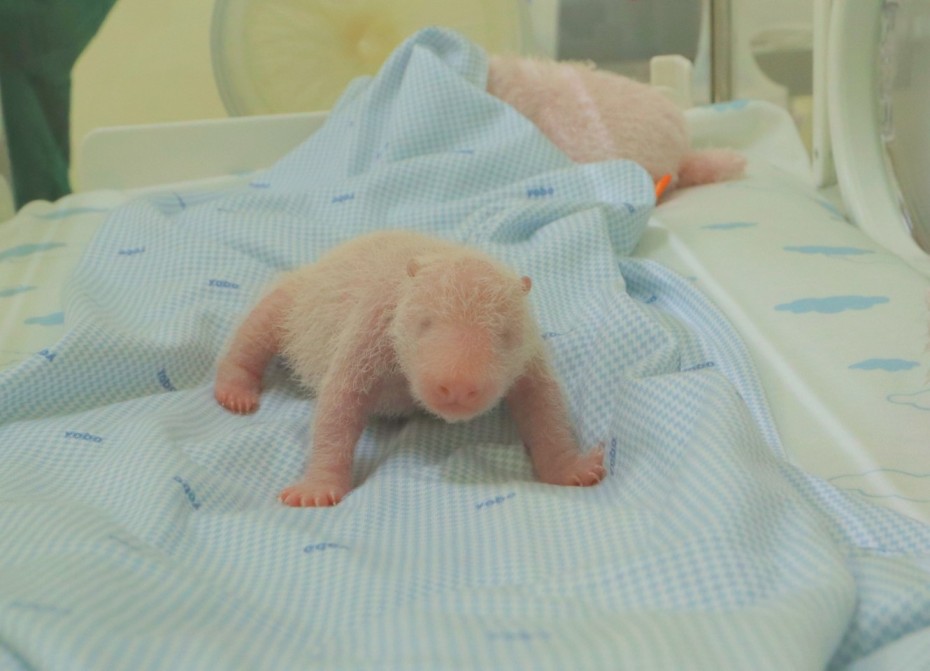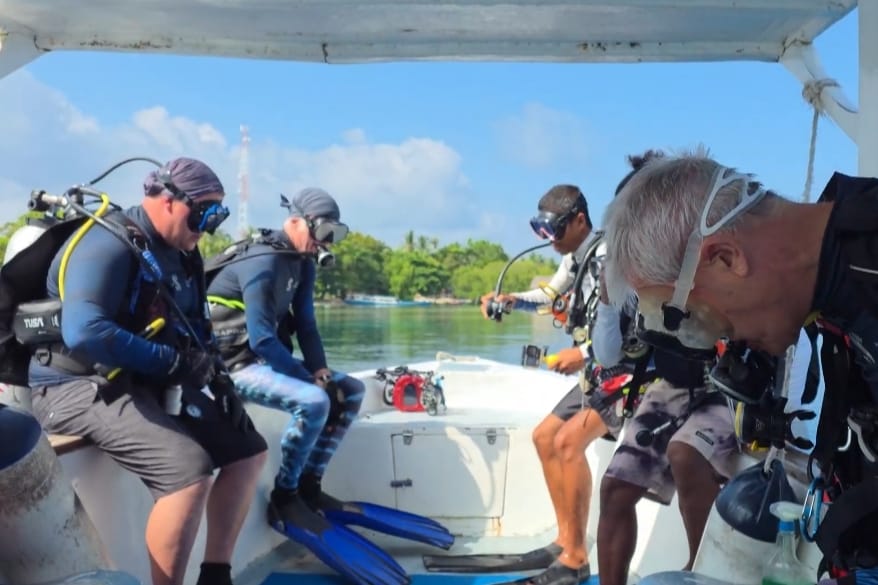Indonesia’s geological agency identifies 47 critical minerals in the country

Lithium and boron with promising amounts have been found in several areas in Indonesia, such as those in Central Java province, including Bledug Kuwu, Bledug Cangkring, Jono, Crewek and Kasonga.
Bogor, W Java (Indonesia Window) – The Geological Agency of Indonesia’s Ministry of Energy and Mineral Resources in 2023 succeeded in identifying the distribution of 47 critical and strategic mineral commodities.
During the exploration of these critical minerals, the agency collaborated with a number of institutions abroad, including the Korea Institute of Geoscience.
In order to support the energy transition and green energy development programs, the Geological Agency has carried out mapping of critical and strategic minerals distribution, and found 47 commodities.
“Among the critical and strategic minerals investigated by the Geological Agency are lithium and boron,” Acting Head of the Geological Agency Muhammad Wafid told a press conference about achievements of the agency for 2023 and plans for 2024, in Bandung city, West Java province, on Friday (Jan. 19), quoted from the ministry’ website here on Sunday.
The investigations by the Geological Agency show that promising level of lithium and boron are found in Central Java province which includes Bledug Kuwu, Bledug Cangkring, Jono, Crewek and Kasonga areas, as well as in Mamuju city in West Sulawesi province.
“We have recommended the rare earth metal mining business license area, which was first proposed in Indonesia, for those minerals found in Mamuju. In the future, we hope that we would issue more recommendations for other areas in Indonesia,” Wafid said.
Boron is an important component of hydrogen fuel cells, which is an alternative energy for electric vehicles. This mineral is also a raw material for neodymium-iron-boron (NdFeB) magnet, and pyrex.
The demand of Boron increased by 30 percent in 2022 and is expected to continue to rise along with demand from the electric vehicle and renewable energy industries in the coming years.
Apart from critical and strategic minerals, in 2023 the Geological Agency conducted a natural hydrogen survey in Indonesia, namely in eastern part of Sulawesi Island as this area has ideal geological conditions for natural hydrogen gas formation.
“The survey found hydrogen gas seeps with a content of 20-35 percent in the Tanjung Api area, and nine percent in the Bahodopi area, as well as abiogenic methane gas and nitrogen with significant concentrations,” Wafid noted.
Although the economics of these natural resources have not been determined, the survey results prove that Indonesia has a natural hydrogen system. More detailed studies are needed to define the models of formation, migration and deposit mechanisms of these elements.
Reporting by Indonesia Window

.jpg)








